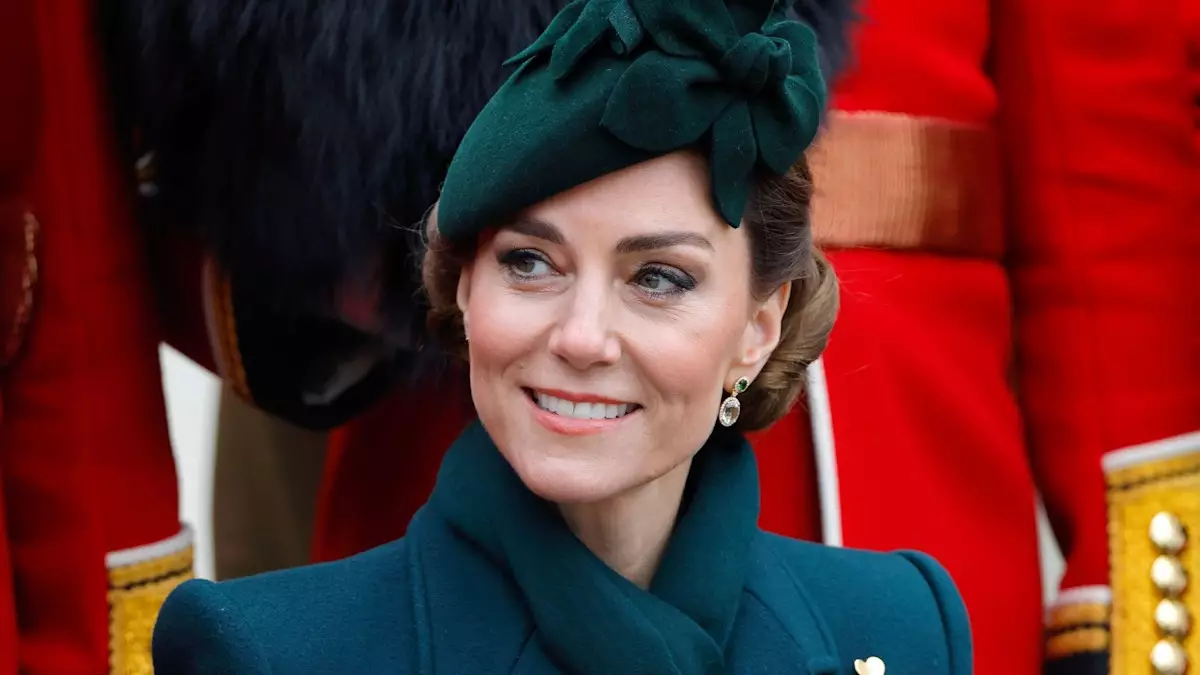In a notable departure from typical royal customs, Princess Kate will not join Prince William at the impending funeral of Pope Francis at the Vatican. This decision has sparked interest among royal enthusiasts and daily observers alike, illuminating a fascinating interplay between long-standing traditions and the evolving dynamics of the British royal family. While her absence is significant, it reflects a conscientious adherence to both established protocol and personal family commitments.
When considering royal engagements, there exists an unspoken narrative dictating not only who attends but also how those choices manifest under modern pressures. It is noteworthy that Prince William’s solo attendance at the Pope’s funeral resonates with historical precedent; when King Charles attended Pope John Paul II’s funeral alone back in 2005, it was seen not merely as protocol but as an assertion of the royal family’s emerging role in global diplomacy.
Family Over Formality
Princess Kate’s decision to stay behind, juxtaposed against familial obligations, starkly underscores the duality of her role. With the celebrations for her son Prince Louis’s seventh birthday and the anticipation surrounding Princess Charlotte’s upcoming tenth birthday, it is evident that the royal life weaves a tapestry of family and duty. The obligations that come with motherhood are highlighted as Kate remains engaged in her children’s lives, reminding the public that even princesses navigate the same family responsibilities as many parents do.
As schools throughout the UK commence their weekend routines, it’s reasonable to assume that the children’s extracurricular activities played a pivotal role in Kate’s decision. Her absence at such an event, compounded by the timing, emphasizes the delicate balance royal family members must strike between public duty and private life. Consequently, royal observers can appreciate the weight of this decision, influencing public perceptions of both her role and that of Prince William as he embarks on his journey as a future king.
The King’s Absence and Its Implications
In a contemporary setting, the decision of King Charles not to attend Pope Francis’s funeral parallels that of his mother, Queen Elizabeth II, hinting at a continuity of tradition even as the monarchy embraces a modern identity. While the King enjoyed a personal rapport with the late pontiff, he opted to maintain tradition over personal sentiment. This choice invites a broader discussion about the nature of royal obligations and the responsibilities that come with representing not just oneself, but an entire nation.
Despite the close relationship between King Charles and Pope Francis, the royal family’s stance as distance from Catholic ceremonies is an intricate component of British royal identity, a reality that Prince William now finds himself navigating. Those who know him remark that while he harbors immense respect for various institutions, including the Church, he often feels a level of discomfort within faith-based settings—a complexity that further adds to the nuance of his presence at the funeral alone.
Stepping Into a Leadership Role
Prince William’s participation goes beyond mere attendance; it marks a significant evolution in his role as a global statesman. With the title of Defender of the Faith, he finds himself stepping into a complex web of historical nuances and expectations befitting his future position as king. While he did not have the fortune of meeting Pope Francis, his participation stands as a testament to the bridging of traditions across different realms of faith and culture.
This opportunity serves as a platform for Prince William to align his image with that of a compassionate leader, a necessary quality amid growing expectations of the monarchy. His attendance, albeit alone, sends a powerful message that he is ready to engage with continental leaders, further solidifying his role as a representative of the British monarchy on a global scale.
In a world that constantly evaluates leadership through a modern lens, Kate’s absence presents a multifaceted view of contemporary royal life—a blend of dedication to family, respect for tradition, and an acknowledgment of the steep learning curve facing a future monarch. As royal family dynamics continue to shift, one thing remains clear: the balance between personal and public life will remain a critical narrative in the story of the British monarchy’s evolution.

